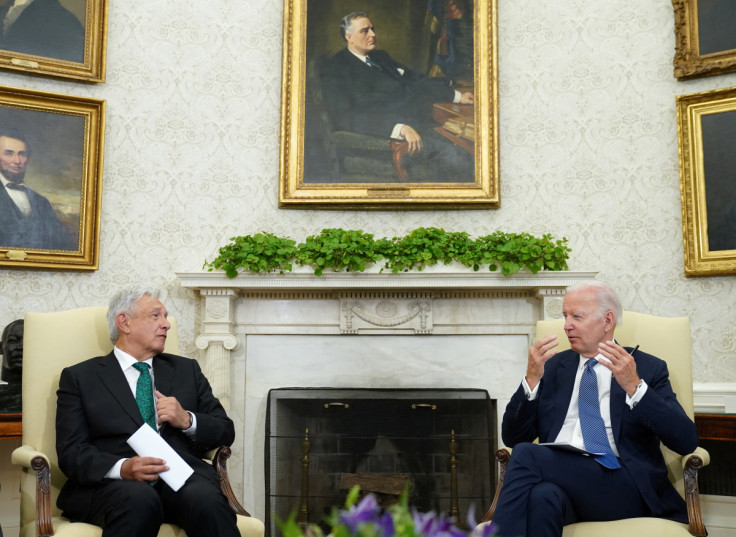
As President Joe Biden and Mexican counterpart Andrés Manuel López Obrador (AMLO) approach the final months of their terms, the relationship between the U.S. and Mexico has taken a turn for the worse.
The latest source of tension is a controversial judicial reform proposed by AMLO, which has drawn sharp criticism from the Biden administration, mainly through comments made by U.S. Ambassador to Mexico Ken Salazar.
This judicial reform, which seeks to overhaul Mexico's judiciary by introducing direct elections to appoint judges, has been a focal point of AMLO's agenda.
However, the proposal has not been well received in Washington due to growing concerns over the potential impact on the rule of law in Mexico and, by extension, the economic relationship between the two countries under the United States-Mexico-Canada Agreement (USMCA).
A Diplomatic Clash in the Final Stretch
With both leaders preparing to leave office, the stakes are high. The strain in U.S.-Mexico relations is not just a fleeting issue; it could set the tone for how the successive administrations in both countries will interact. For AMLO, this judicial reform is a legacy project that he argues is essential for democratizing Mexico's judicial system. For the Biden administration, however, the reform represents a potentially destabilizing force that could complicate economic ties and the broader regional relationship.
Ambassador Salazar did not mince words when addressing the reform. He warned that the direct election of judges could undermine the integrity of Mexico's judicial system and pose risks to the trilateral economic relationship with Canada. He suggested that the reform could make the judiciary more susceptible to corruption and political manipulation, particularly by criminal organizations.
Salazar's statements, made during a press conference, were met with immediate backlash from AMLO, who described them as an unacceptable interference in Mexico's domestic affairs. The Mexican government responded by issuing a diplomatic note, formally expressing its displeasure and reaffirming the reform as a sovereign matter.
Historical Echoes and Contemporary Challenges
The tension between the two nations is not without historical precedent. During his morning press conference, AMLO alluded to the long and often fraught history between the U.S. and Mexico, drawing parallels to past conflicts and interventions. He contrasted his difficulties with the Biden administration with the more amicable, if unlikely, relationship he shared with former President Donald Trump.
Despite Trump's tough rhetoric on immigration and Mexico during his campaign, AMLO noted that their working relationship was marked by mutual respect and productive cooperation, including the successful renegotiation of the USMCA. In contrast, the judicial reform issue has brought to the fore underlying frictions with the Biden administration that have been simmering for some time.
This latest diplomatic spat is particularly significant given that it comes on the heels of another contentious issue: the U.S. capture of notorious drug lords El Mayo Zambada and Joaquín Guzmán López without prior notification to the Mexican government. That incident had already strained relations, and the judicial reform dispute has only exacerbated the situation.
As Biden and AMLO end their terms, the question of how these tensions will affect the broader U.S.-Mexico relationship looms. The diplomatic rift over judicial reform and the war on drugs could have lasting implications, not just for the outgoing administrations but also for their successors. Both countries are gearing up for elections, and the next leaders will inherit a relationship marked by recent disputes and unresolved issues.
© 2024 Latin Times. All rights reserved. Do not reproduce without permission.







